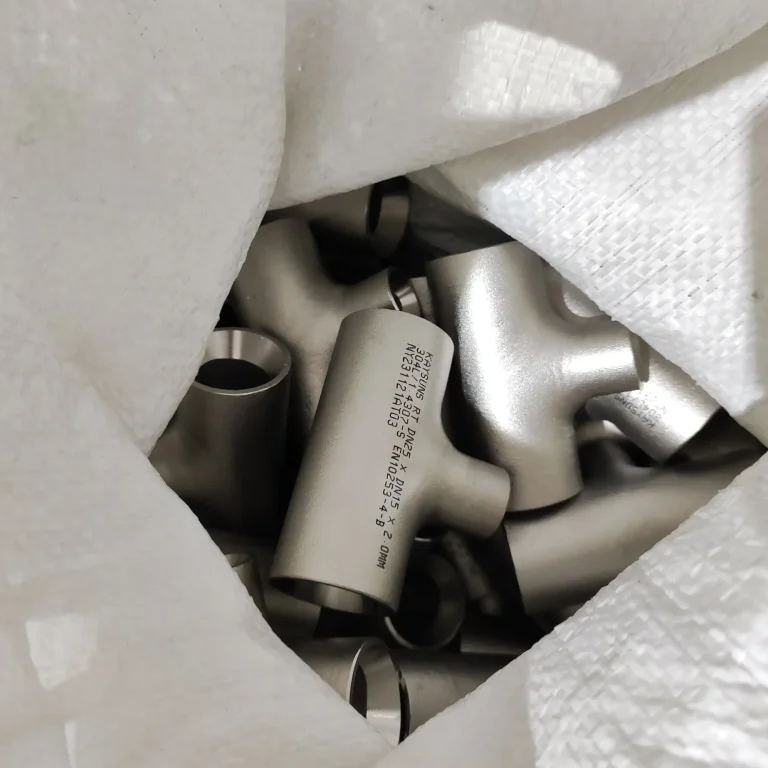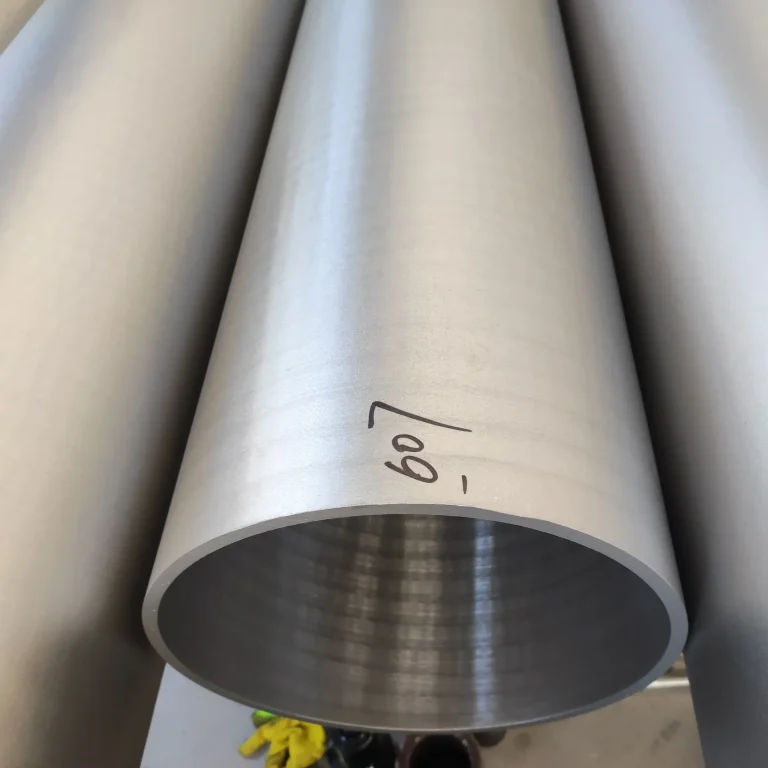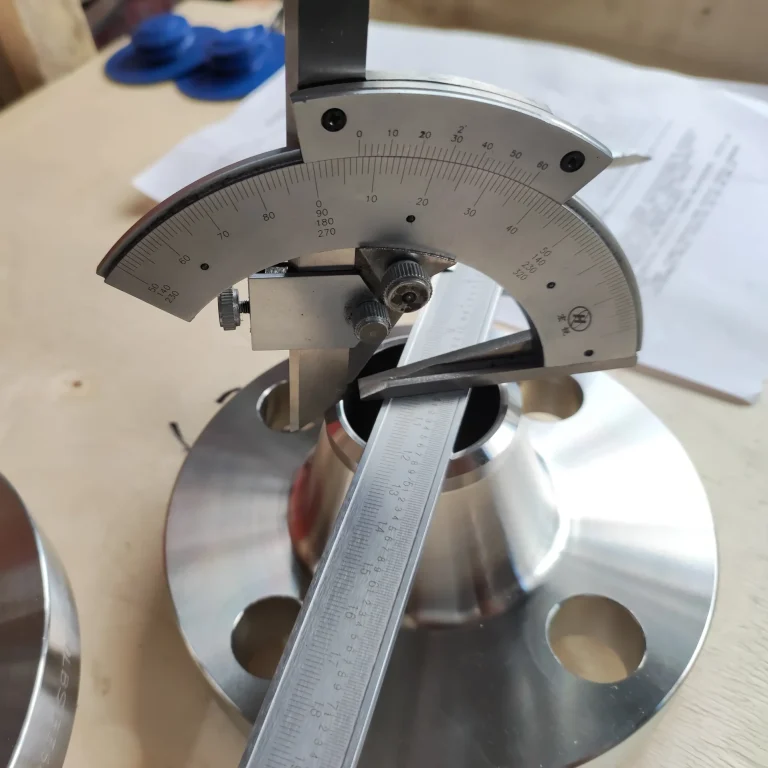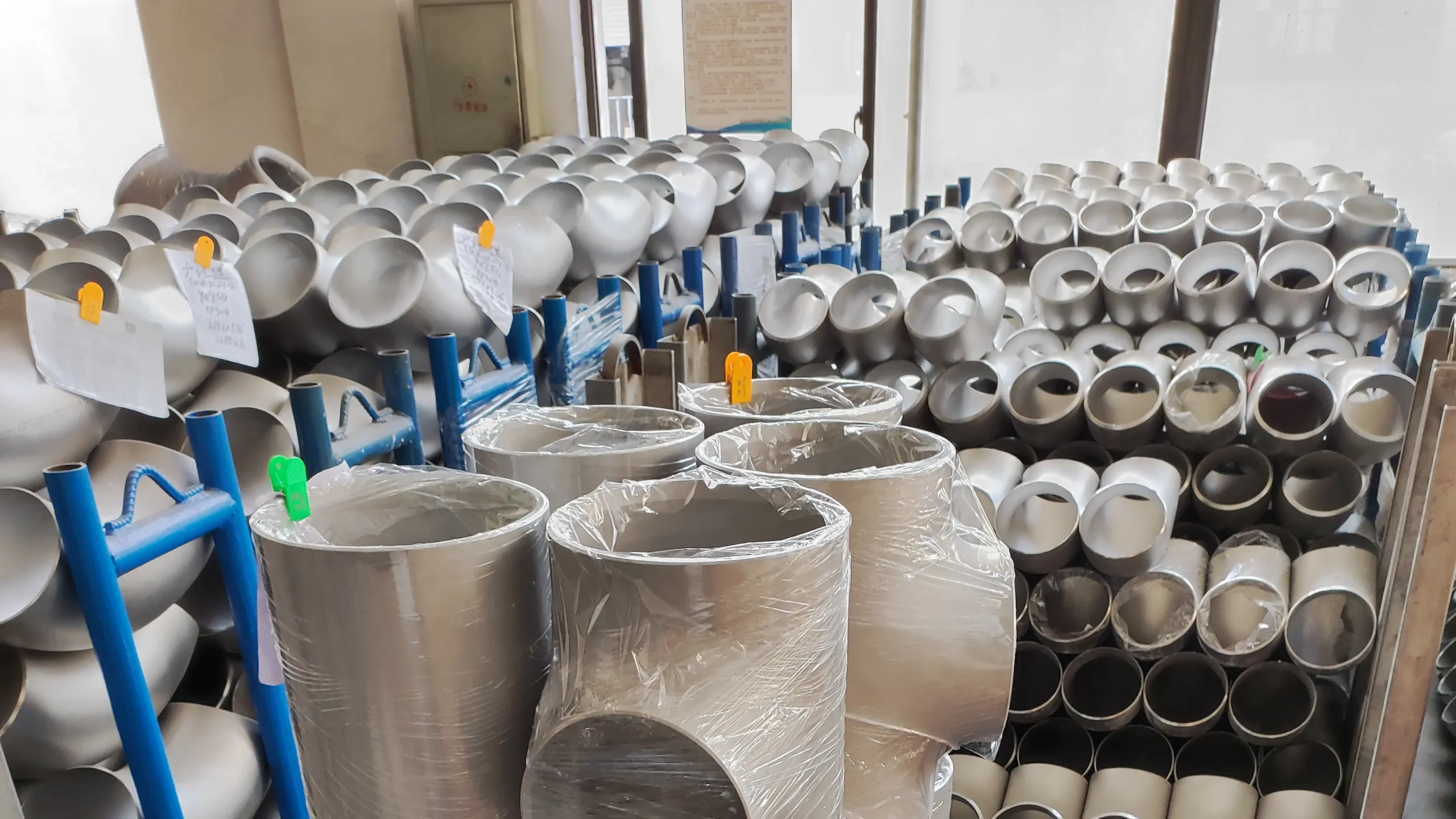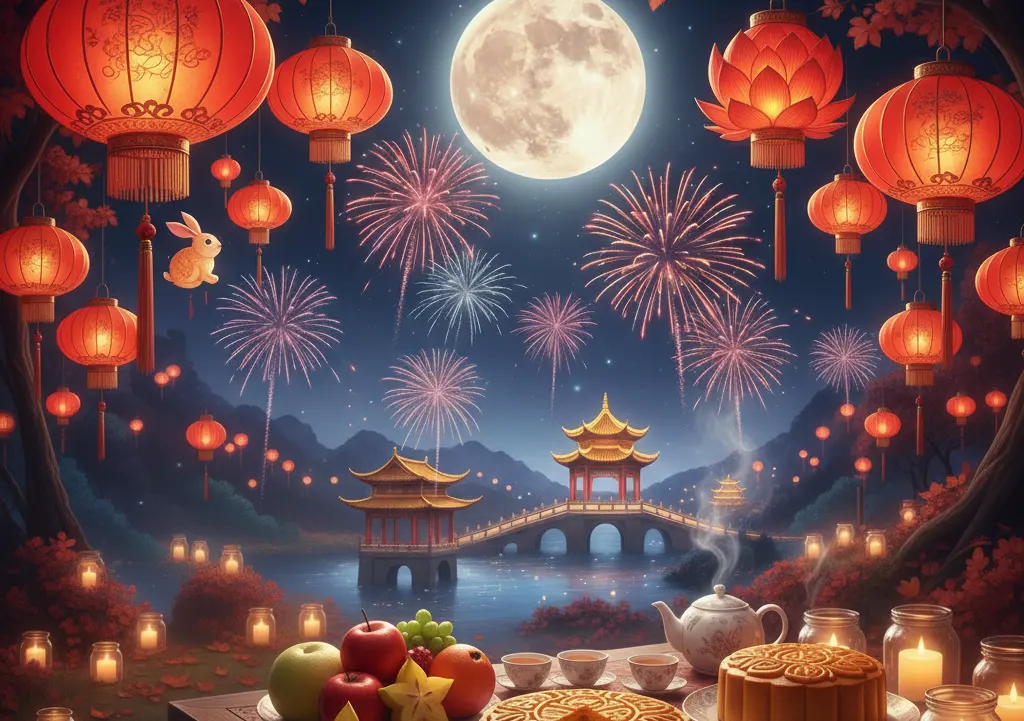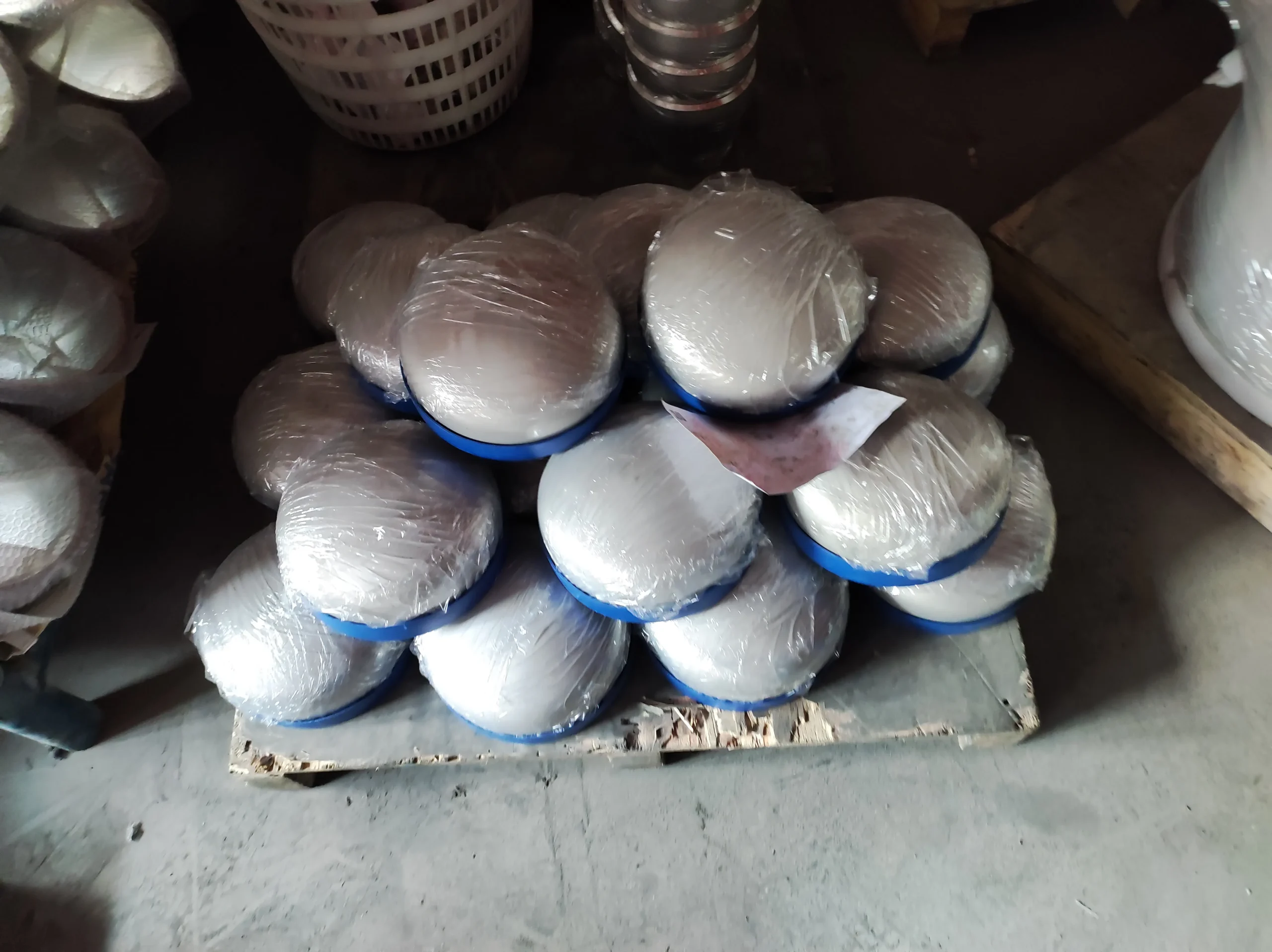The Background to China Bans BHP Iron
China Bans BHP Iron , but China is the world’s largest importer of iron ore, accounting for 70% of global trade volume. However, it has long lacked pricing influence and been subject to exploitation by the Platts Index.
What is the Platts Index?
Analysts solicit quotations from 30-40 steel mills and mining companies, identifying the highest and lowest offers. These figures are then quantified based on factors such as delivery location and ore grade before being input into a model to calculate the assessed price.
Inherent Flaws in the Platts Index Methodology
Pricing is not determined by normal market supply-demand dynamics and balanced profit margins. Instead, it is based on quotes submitted by miners and steel mills.
Miners and steel mills can quote inflated prices to capture downstream profits.
Por ejemplo:
Iron ore with a cost of $40 per tonne and a transaction price of $100 per tonne
Sales profit margin = 60%
Cost profit margin = 150%
Qué hacemos
- Plato
- Hoja
- Piezas forjadas
- Barra redonda
- Brida
- Tuberías
- Accesorios
- Personalizado
Más información
In 2024, the average sales profit margin for China’s major steel enterprises stood at a mere 0.71%.
Yet as the world’s largest iron ore importer, China sought merely a modest reduction from the Platts index price during negotiations with BHP, only to be met with an arrogant response.
| Item | Entity/Country | Volume | Approximate Profit |
|---|---|---|---|
| Raw Material Sales (Iron Ore) | Australia | ≈1 Billion Tonnes | ≈USD 20 Billion |
| Finished Product Production (Steel) | porcelana | ≈1 Billion Tonnes | ≈USD 3 Billion |
Before China Bans BHP Iron:The Subject Matter of the Negotiations
The negotiations between the two parties centred on the 2026 agreement price, primarily addressing pricing and the method of calculation.
Regarding the Pricing
The international iron ore price declined by approximately 19% in 2025. Consequently, China proposed setting the iron ore price based on the post-decline 2025 rate, adjusted for factors such as diminished quality, at US$80 per tonne. Given that Australian ore is predominantly mined via open-pit methods with exceptionally low extraction costs, total expenses including transportation amount to roughly US$18-24 per wet tonne. Factoring in an 80% wet-to-dry conversion ratio and ocean freight, the total landed cost falls to $30-40 per tonne. Consequently, $80 per tonne already represents a 100% profit margin. However, BHP forecasts a substantial increase in future steel demand and demands a 15% increase over last year’s agreed price. The negotiating positions of the two parties diverge by over $30 per tonne. Based on China’s annual imports of 700 million tonnes of iron ore from Australia, this represents a difference exceeding $20 billion.
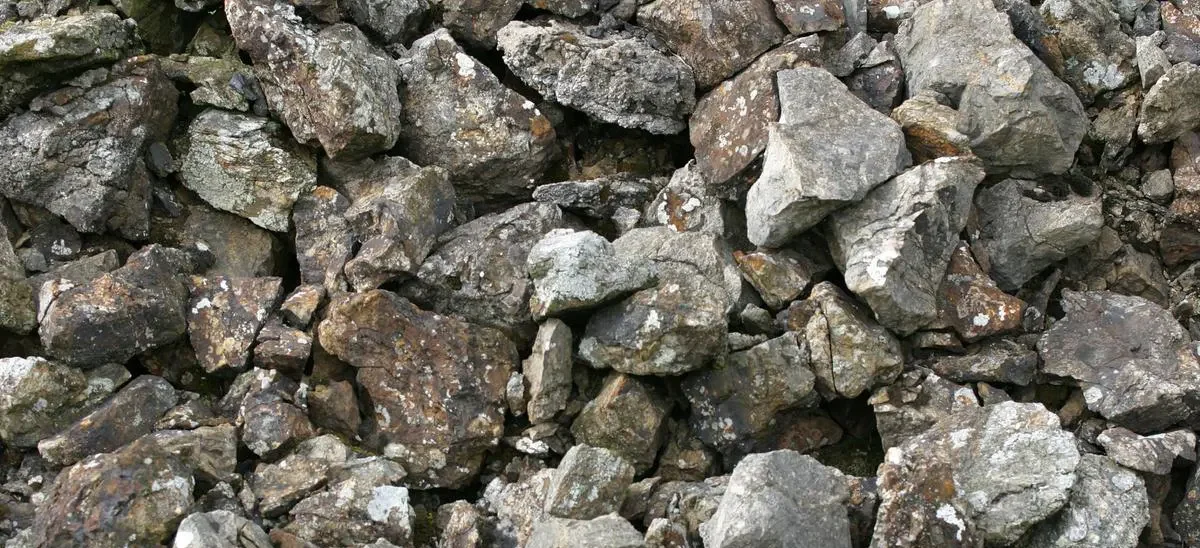
Regarding the Pricing Method
Australian iron ore has consistently operated under a trading system characterised by ‘US dollar pricing + Platts index pricing + spot transactions on a free-on-board basis’. China now requires settlement in CNY.
CNY settlement does not equate to CNY pricing. CNY settlement refers to Australia accepting payment for iron ore in CNY. Chinese Yuan pricing, however, denotes using prices formed within the Chinese market as the settlement price, rather than converting Platts prices into CNY via exchange rates.
This is why China halted Australian BHP’s US dollar-denominated iron ore sales.
China Bans BHP Iron Ore:Why Such Confidence
You might ask: China is the world’s largest importer of iron ore, with 70% of its imports originating from Australia. China’s infrastructure, new energy vehicle, photovoltaic and other industries all rely on iron ore. Would halting imports now destabilise China’s domestic iron ore supply? The answer is absolutely not.
Only the US dollar-denominated iron ore on BHP has been prohibited
China has currently only prohibited BHP from pricing iron ore in US dollars, and the steel industry retains equity stakes in certain overseas mines. Thus, even if pricing power lies beyond its control, it may recoup increased costs through profit-sharing dividends from these mines. When ore prices are high, profits can be generated through dividends; when ore prices are low, profits can be generated through steel production.
Acquire a Stake in A Mining Company
Directly acquiring stakes in mining companies enables profits not only from iron ore sold to China, but also from sales to other nations. Chinalco holds a 14.99% stake in Rio Tinto; were it not for regulatory caps, it could have secured an even larger shareholding.
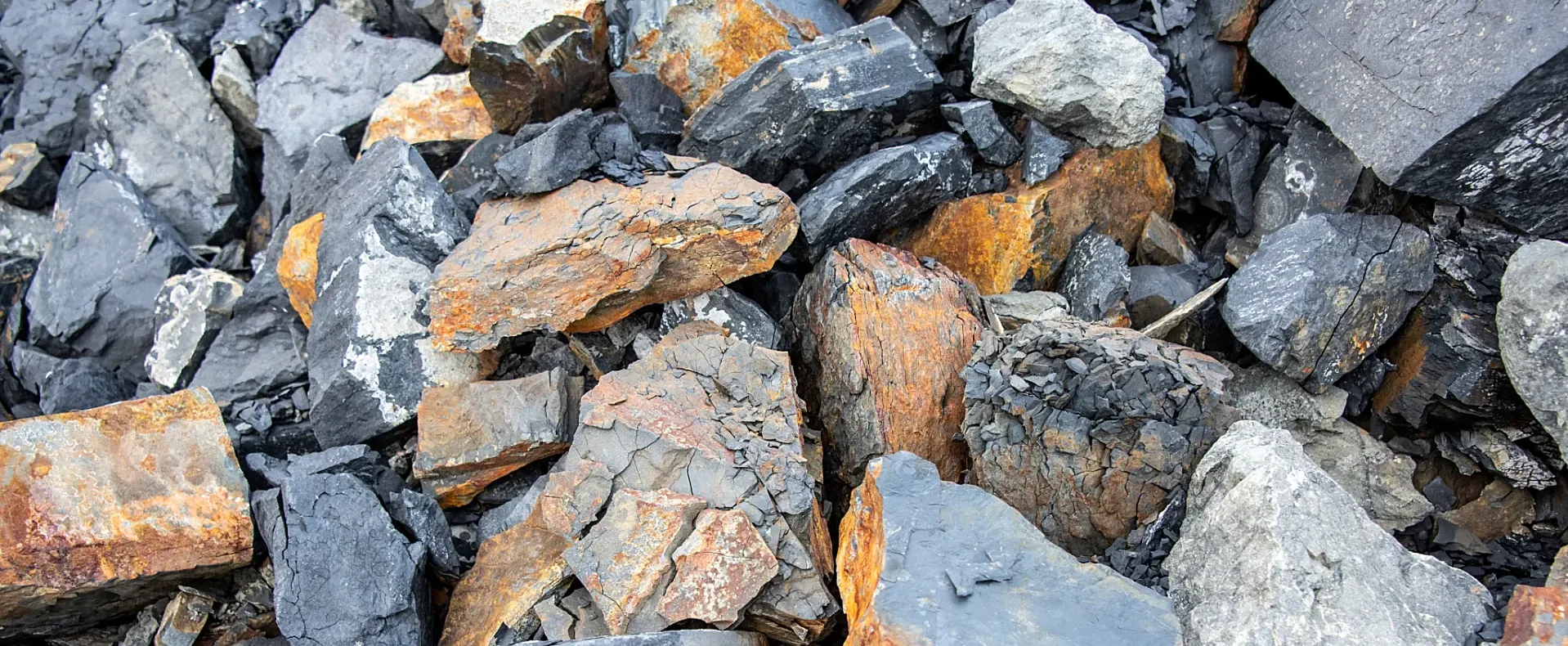
The Simandou Iron Ore Mine is Set to Commence Operations
Chinese capital holds the majority stake in the Simandou iron ore deposit. With the mine set to commence production, China gains a new source of iron ore. This makes Simandou the largest and highest-grade overseas mineral deposit under Chinese ownership. Given its inland location, the mine requires the construction of a heavy-haul railway and port facilities, both of which will be built and operated by China. Guinea sells the iron ore to China to repay infrastructure loans. Once production stabilises, Simandou’s annual output will reach approximately 120 to 150 million tonnes – roughly matching BHP’s annual supply to China.
The Redevelopment of Scrap Steel Resources
China plans to increase domestic iron ore production by 100 million tonnes by 2025 compared to 2020 levels. New equity iron ore projects, primarily centred on Simandou, alongside the redevelopment of scrap steel resources. The redevelopment of scrap steel resources constitutes a crucial component. China’s current steel stockpile stands at approximately 13 billion tonnes, ranking first globally. Upon China reaching its steel production peak, scrap steel will underpin the entire steel industry’s circularity, becoming the primary material for steel smelting. Scrap steel is directly smelted into molten steel before being fed into continuous casting machines. With China’s fully deployed photovoltaic and wind power capacity reaching 1.7 billion kilowatts, electricity generation costs have plummeted. Consequently, scrap steel smelting is straightforward, cost-effective, and environmentally sound. China’s total iron ore imports are not expected to grow substantially in the future and may even decline. This will significantly reduce reliance on Australian iron ore.
China Bans BHP Iron Ore:Latest News
As of press time, BHP has agreed to settle a portion of its iron ore trade in renminbi. The company has committed to transitioning 30% of its spot iron ore trade with China to renminbi pricing and settlement, with the agreement taking effect in the fourth quarter of 2025.
Contacto
Póngase en contacto con nosotros
- RM901 No.22 Tangjiaqiao Road Wenzhou China
- +86 577 8551 1171
- [email protected]
- https://www.kaysuns.com/
Encuéntranos
